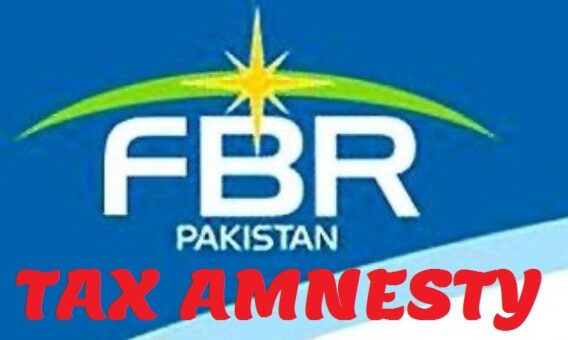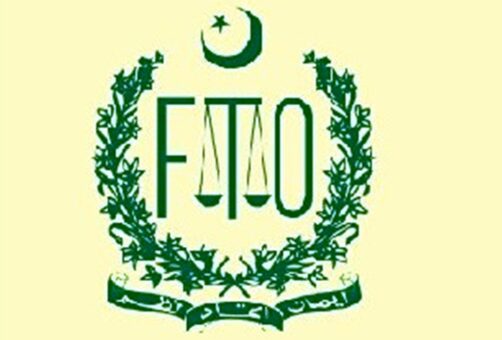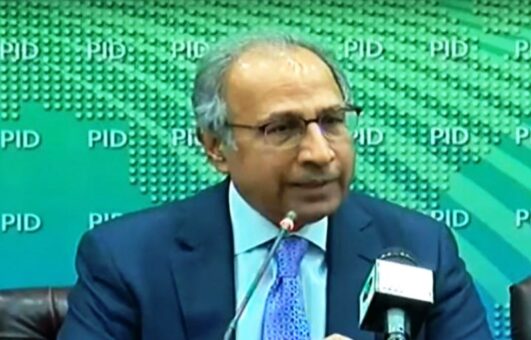KARACHI: State Bank of Pakistan (SBP) will expedite issuance of payment licenses to FinTech companies in order to accelerate financial inclusion program.
A report on “Roadmap for Stability and Growth” issued by Finance Ministry, regarding financial inclusion program, stated that SBP to expedite issuance of Payment licenses to Fintech companies with established customer base; development of Micro Payment Gateway (MPG) for retail payments; facilitate expansion of national merchant integration into mobile payments and commence operationalization of Asaan Mobile Account (AMA) Scheme.
It said that much remains to be done on financial inclusion. As of 2015, merely 16 percent of the adult population had a bank account, with account ownership for women standing at a dismal 11 percent, whereas a large segment of faith-sensitive population remained voluntarily excluded.
Financing to priority sectors such as agriculture and housing remained constrained, with SMEs claiming a minuscule share.
Moreover, regional disparities increased over time.
The National Financial Inclusion Strategy (NFIS), developed and adopted by the government in 2015, aimed at achieving inclusive economic growth through enhanced access to finance and deposit base, promotion of small and medium enterprises, easy and affordable access to finance to farmers, facilitation in low cost housing finance and provision of Shariah-compliant banking solutions.
Digitization of payments across the country borders is a priority of the Government and the following targets have been set for achievement by 2023:
Enhance usage of Digital Payments (65 million active digital transaction accounts, with gender segregation of 20 million accounts by Women).
By digitizing government payments and receipts, automation of CDNS branches, and digitization of services provided by Pakistan Post the Government san kick start digitization of payments.
Fiscal concessions may be offered on mobile phone duties (< Rs 8k), and sales tax for user charges for Data be refunded into subscriber account monthly by Telephone companies, against Government refunds, or suitable alternative method. To oversee progressive digitization of government payments and to coordinate regulatory enabling, the Government may consider institutionalizing centralized responsibility under a Chief Digital Officer at the Ministry of Finance. It would be necessary to hire a market professional for this function.
• Enhance Deposit Base (Deposit-to-GDP ratio to 55 percent)
• Promote SME Finance (Extend finance to 700,000 SMEs; 17 percent of the private sector credit)
• Increase Agricultural Finance (Serve 6 million farmers through digitalized solutions; enhance annual disbursement to Rs1.8 trillion)
• Enhance share of Islamic Banking (25 percent of the banking industry; increase branches of Islamic banks to 30 percent of the banking industry)








